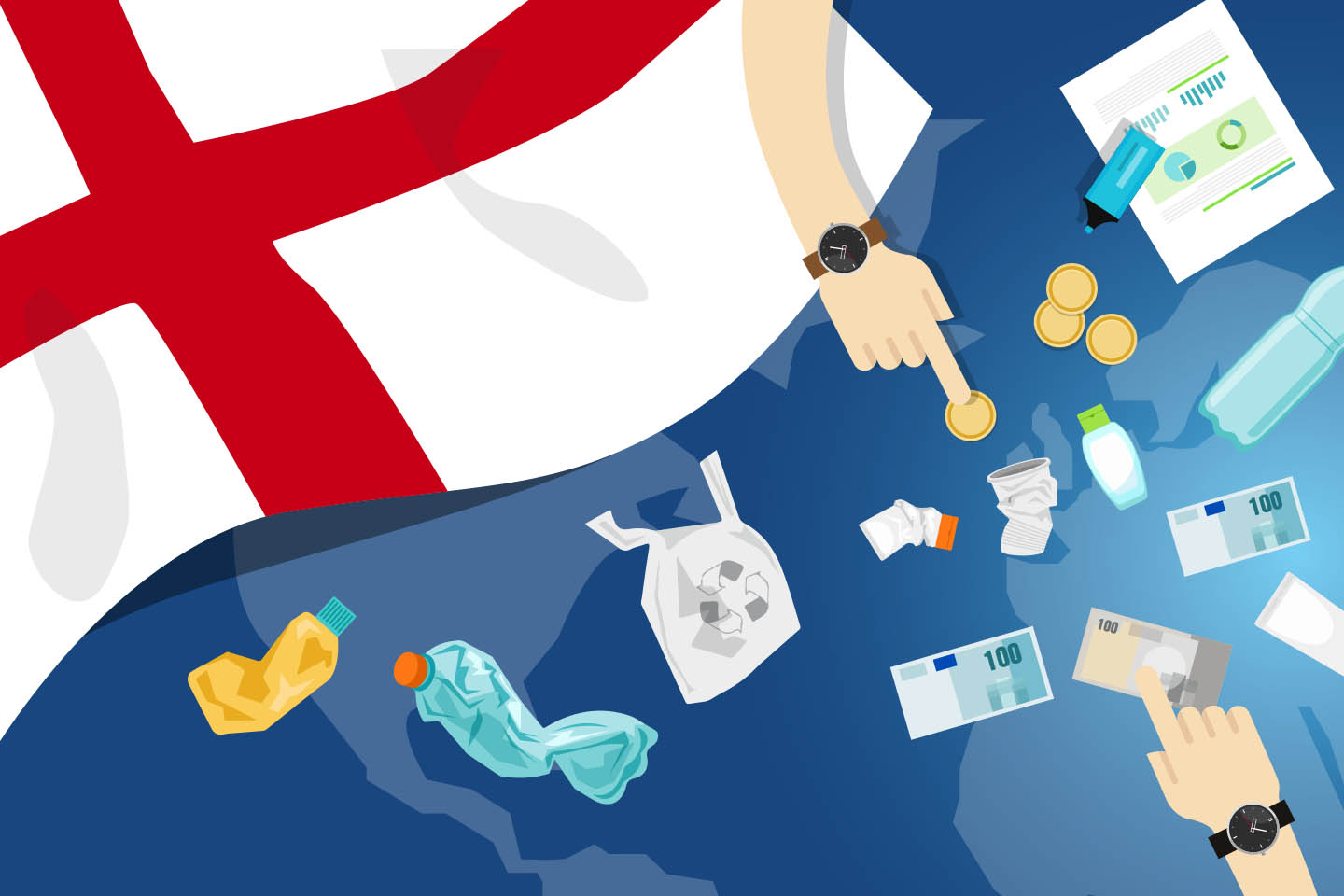Turkey Is The Second Country That Imports Plastıc Waste From Uk
Turkey is about to be the second country that imports most plastic waste from the UK when the issue is recycling. So how is it that Turkey came to the situation to be able to import plastic which is the most important recycling material. The biggest reason for this is China’s decisions. Malaysia is in the first place, but the government’s plan will gradually reduce the amount of plastic waste in the next 3 years and end the purchase by 3 years.
It is important to note that the content of the imported plastic waste is very important. As you know, the world is a closed system, that is, the plastic wastes that arise as a result of the consumption of people do not disappear even if they pass from one country to another. At this point, it is revealed how important recycling is for our world. Essentially, the 3R principle (Reduce, Reuse, Recycle) requires that all people reduce their consumption, use the products they can use again, and recycle them when they are no longer available. In short, a large part of the wastes should be seen as resources to be offered to the service of humanity again. Until recently, the situation in China, and now also seen in Southeast Asian countries was different. These countries do not have their own plastic waste recovery systems, and most of the plastic waste they import is made from non-recyclable materials. The trend in Turkey is slightly different, especially from developed countries, and with well-differentiated recycling plastic wastes are brought here after the market. One of the world’s largest plastics processing countries Turkey, is making further consider the need for alternative sources especially when taken together with the structure dependent on foreign petrochemicals. To summarize, as a result, as long as Turkey is suitable for recycling plastic waste, it is a positive development for our economy and humanity.
To start from the beginning; Britain has been exporting nearly all of its plastic waste to China for the past few years. However, about a year ago, China passed a new law prohibiting the removal of plastic waste from abroad. This law was interpreted as the creation of plastic waste mountains in England, which produced hundreds of thousands of tons of plastic waste each year. These plastic wastes should be considered as resources and valuable raw materials. If the plastic wastes that are not suitable for recycling are coming, they should be identified with the necessary controls and such imports should be prevented. But it should not be forgotten that the fact that recycling companies import these plastic wastes with money. In other words, it is not realistic to think that these companies buy money that cannot be recycled on top of them.
Malaysia’s future plans include a reduction in the amount of plastic waste from the UK. The reason is that there are no facilities in the country that can recycle so much plastic waste. In this case, Turkey’s leading exporter of plastic waste means that England may be the number one customer. China and Malaysia are very different from each other; China has focused on focusing on the environmental problems that arise in their country. At this point, in order to make the plastic waste which is not seen as an economic value and is not considered as an economical value, it has prevented the importation of disassembled waste. In addition, China can survive this import ban by the industry as it had a recycling industry for many years. In Malaysia, there are not enough infrastructures for waste sorting as well as sufficient capacity for recycling. Therefore, only a small portion of the imported waste can be recycled effectively. Due to the accumulation of these plastic wastes, it is considered to be prohibited. Turkey was unable to impose its own waste separation in a very efficient infrastructure either, as well as in China. On the other hand, the recycling sector needs separated plastic waste to develop. Rate of unsuitable waste for recycling of plastic waste brought to Turkey is too low that there is no need for this kind of arrangement.
In Turkey, adequate training and infrastructure in the matter of plastic waste separation at source is not there yet. For this reason, a small portion of plastic wastes can be recycled. On the other hand, even if all plastic wastes are recycled in a country that imports approximately 7 million tons of plastic raw materials annually, imports should not be hindered. Although there are hazardous wastes given for disposal, all of the plastic wastes are in a very comfortable way.
From the BBC, most countries that import plastic waste from the UK have been graphically represented. We will wait and see what will happen in the future.
Source: PAGDER, BBC



